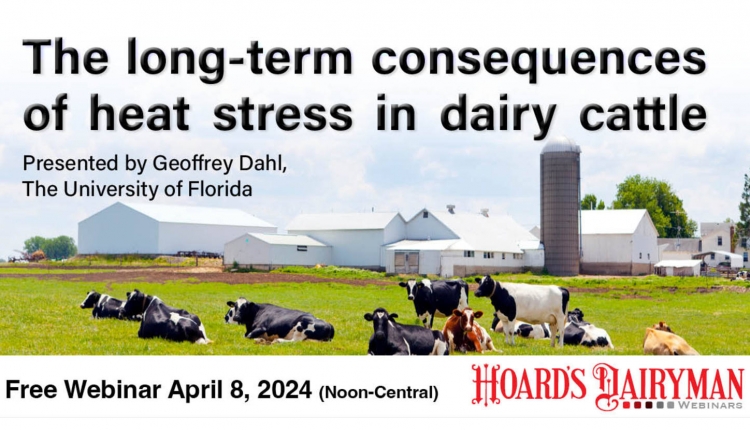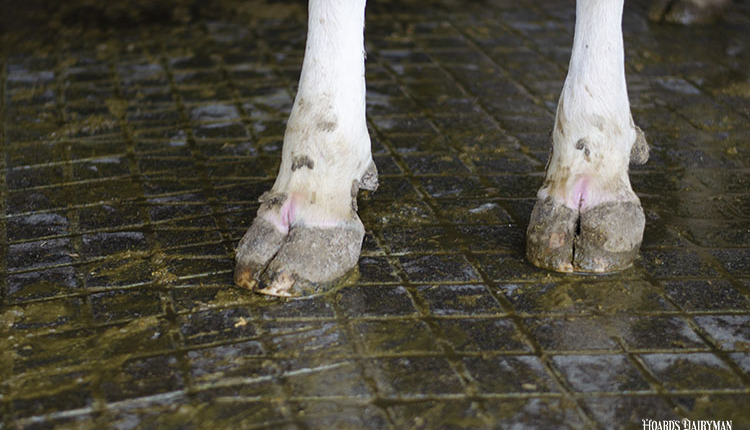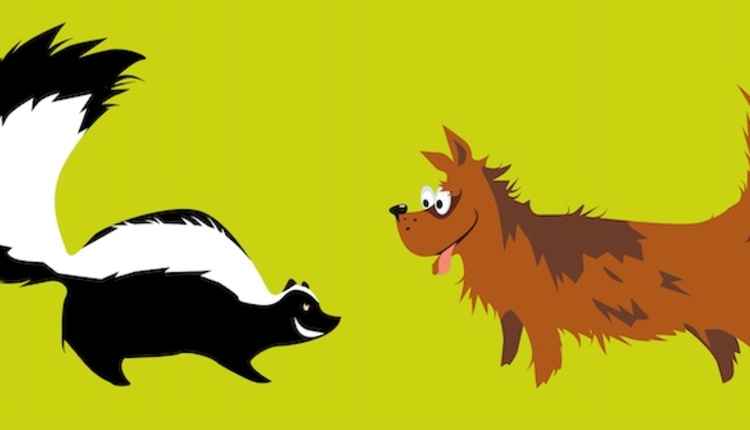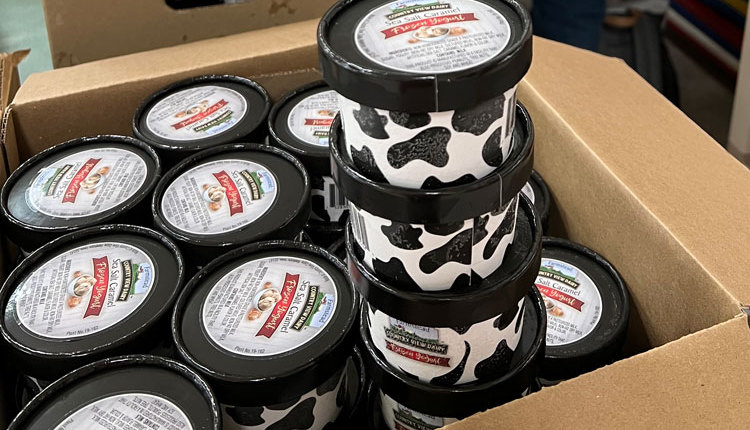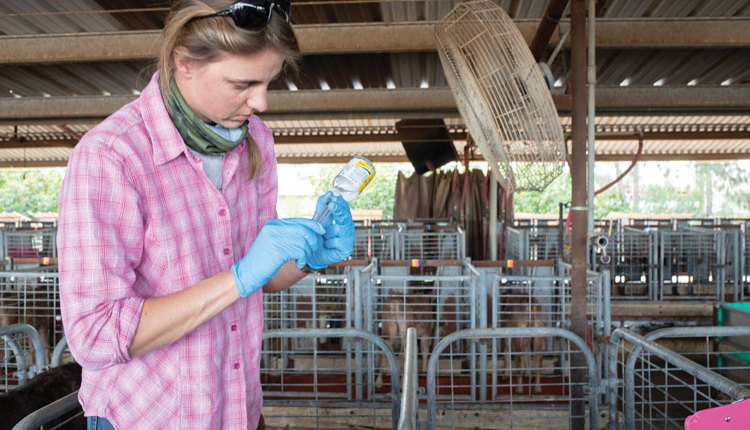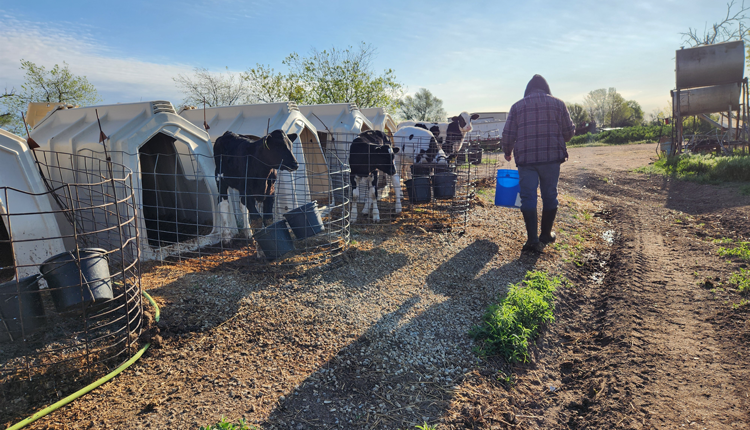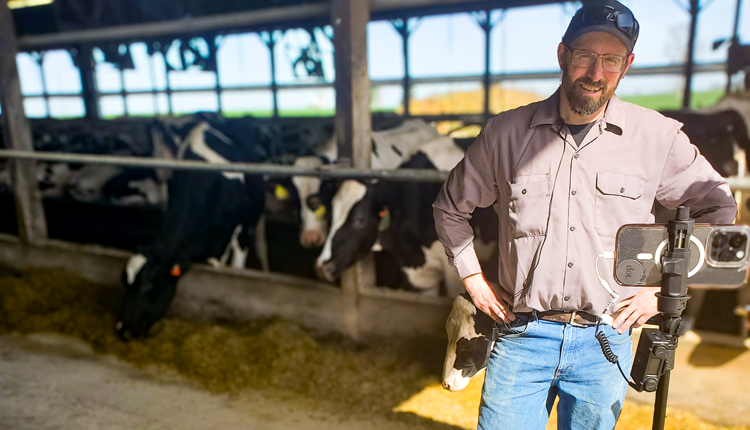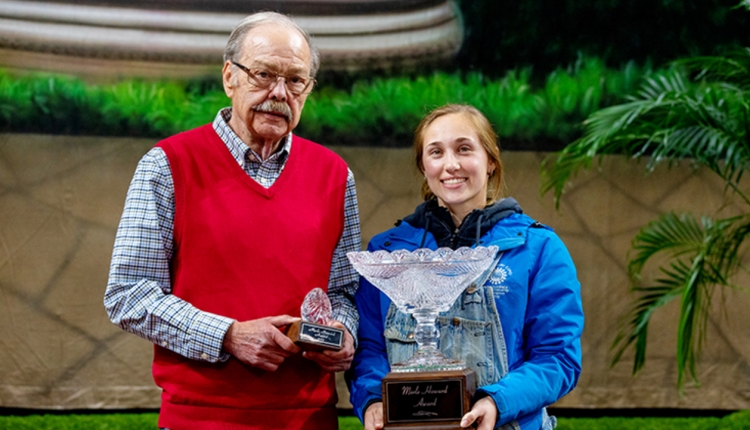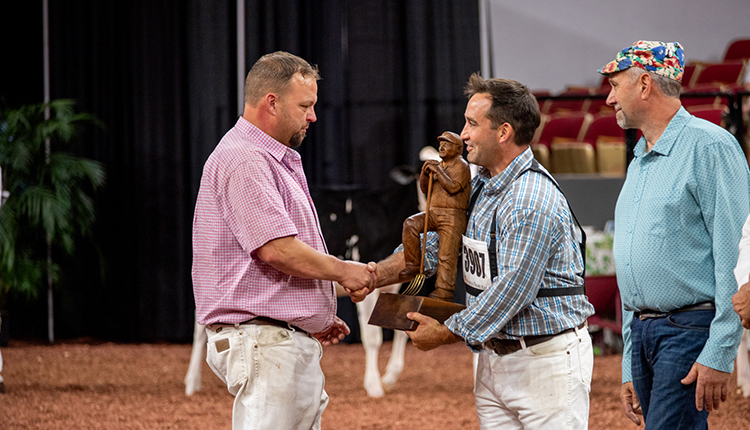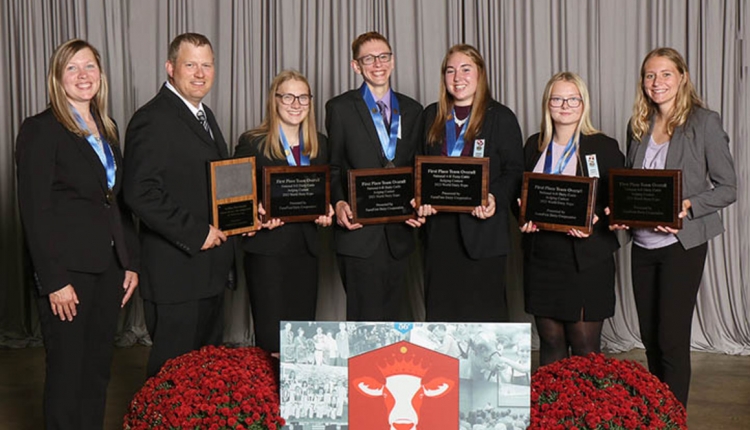Delegates to the 2010 American Veal Association (AVA) annual meeting in San Antonio, Texas, adopted a statement of ethical principles and code of conduct as a way to articulate veal industry principles and confirm an industry commitment to "veal raised right."
"Veal producers recognize that consumers, restaurants, retailers, and policy makers want to know that they can count on the veal industry to provide humane care and sustainable practices," said AVA President, Chip Lines-Burgess. "By adopting and embracing these principles, we can help our consumers and customers better understand our commitment to producing safe, nutritious food, protecting the environment, caring for our animals, providing a safe, rewarding work environment and contributing to our communities."
The ethical principles and code of conduct were initiated as a project of a veal-checkoff-funded committee and were identified by a cross section of veal industry participants during a working session in July 2009. The draft language was distributed to the veal industry with a survey for feedback and to determine whether the proposed ethical principles fairly represent the guiding values of today's veal. The final document was submitted to the AVA delegates in an effort to bring full industry alignment to the principles that guide today's veal industry. To view the standards, download the file at the end of this blog.
"The veal industry is well on its way to meeting a voluntary effort to transition all veal farms to group housing by 2017, " said Lines-Burgess. "The adoption of the ethical principles and code of conduct reflects our continued commitment to provide leadership in the areas most important to our customers and consumers. We will continue to work with farmers and others in the industry to ensure they are incorporated into all aspects of veal calf well-being and farm management practices."
The American Veal Association represents 1,000 producers, processors and others involved in the $1.5 billion U.S. veal industry. Veal producers purchase calves at 100 pounds, raising them until they reach a market weight of 475 to 500 pounds. Veal producers contribute $350 million to the dairy industry through purchase of dairy by-products and male calves. The veal industry purchases 5.5 percent of all the milk solids produced in the United States.
